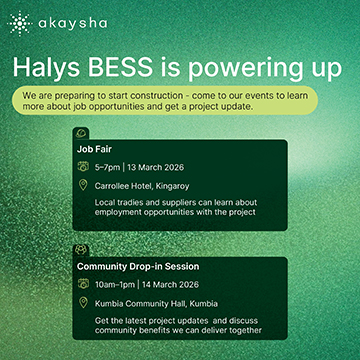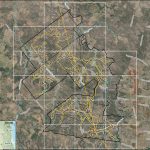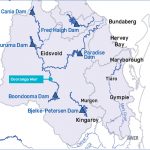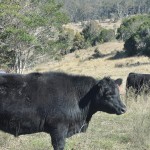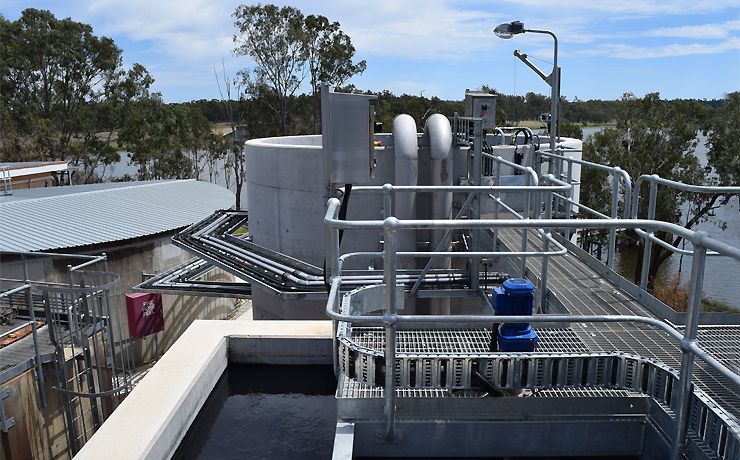
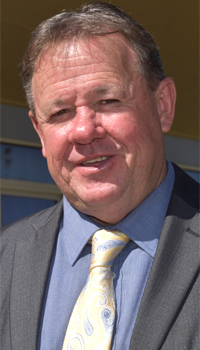
October 18, 2023
South Burnett Regional Council could receive an unexpected windfall from the next round of the Works For Queensland (W4Q) grants program.
On Tuesday, Premier Annastacia Palaszczuk announced her government will increase W4Q funding from $200 million to $300 million when it releases new funding guidelines next April.
W4Q is a non-competitive grant program that helps regional and rural councils undertake job-creating maintenance and infrastructure projects.
It was introduced in January 2017 and was welcomed with open arms by the State’s rural and regional councils, many of whom had been battling to stay afloat after deep cuts to Federal Government grant programs.
The South Burnett Regional Council received a $4.26 million grant from the first round of W4Q, and a further $4.385 million from the second round in 2018-19.
But in 2020 – with the pandemic shutting down many parts of the State’s economy – the council received a further $3.31 million in a special “W4Q COVID Round”
And in the current round – which covers the period 2021-2024 – the SBRC received $5.63 million.
Over the past seven years the SBRC has used W4Q grant funding to upgrade CBD areas in Blackbutt, Kumbia, Wondai and Murgon; carry out necessary repairs and upgrades to many community halls, public parks, pools and other Council facilities; and execute a raft of smaller projects it would have otherwise been unable to tackle.
The next W4Q round will cover the three years from 2024 to 2027 and the State Government has announced its focus areas will be water and sewerage infrastructure, housing and regional economic development projects.
SBRC Acting Mayor Gavin Jones – who heard about the W4Q program’s expansion on Tuesday at the annual LGAQ conference in Gladstone – said he was delighted at the funding increase.
Her was also pleased about the types of projects the State Government would like to see councils undertake.
He said the South Burnett had several water projects “on the boil” but they were all very expensive, so any extra funding would be greatly appreciated.
He was also hopeful that after receiving more than $17.5 million from W4Q over the past eight years – an average of $2.2 million per annum – the next round would expand the region’s grant by half again.






